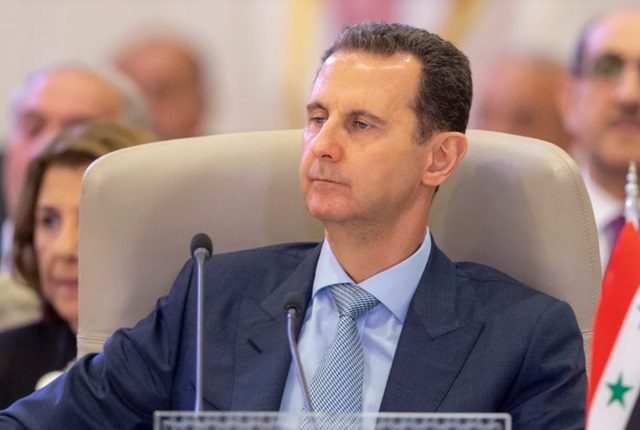BTN News: On Monday, Syrians voted for new members of parliament in an election marked by anticipation rather than surprise. The results of this vote are expected to pave the way for a new constitutional amendment, which could extend President Bashar Assad’s term in office. This election is significant, as it is the fourth since the mass protests and brutal government crackdowns of 2011 that ignited the ongoing civil war.
Election Details and Restrictions
A total of 1,516 government-approved candidates vied for the 250 seats in the People’s Assembly. Unlike presidential elections, the millions of Syrians in the diaspora, whose numbers have soared since the civil war began, were not allowed to vote in these parliamentary elections. Voting took place in 8,151 polling stations across 15 government-controlled electoral districts.
Protests and Boycotts
In the southern province of Sweida, predominantly inhabited by the Druze community, regular protests against the government have occurred for nearly a year. Calls for a boycott of the election were prevalent, and videos circulated online showing demonstrators removing ballot boxes from a truck to prevent them from reaching polling stations. Elsewhere, the campaign was low-key, with candidates mainly using generic slogans about national unity and prosperity.
Assad’s Party Dominates
In the 2020 elections, Assad’s Baath Party secured 166 seats, nearly two-thirds of the chamber, with an additional 17 seats going to allied parties. Independent candidates claimed the remaining 67 seats. Vladimir Pran, an independent electoral process and transitional politics advisor, explained that the competitive aspect of the process happens before voters cast their ballots. This occurs during the Baath Party primaries, where party members vote on which candidates to send to the party leadership for the final list.
“The elections are essentially decided with the conclusion of the primaries,” Pran stated. “Once the Baath Party’s list is finalized, you can check it against the election results, and you’ll see that virtually all of them will be in parliament.”
Internal Reorganization and Constitutional Implications
This year’s relatively low number of final list candidates suggests an internal reorganization within the Baath Party. Maroun Sfeir, a political consultant, noted that the Baath Party’s 169 candidates already exceed the 167 needed to propose a constitutional amendment, protect the president from treason charges, and veto legislative initiatives. Adding 16 allied party candidates to the mix, Sfeir pointed out, “leaves only three seats short of the three-quarters majority required to amend the constitution.”
Although 65 seats are reserved for independent candidates, Sfeir emphasized that these candidates are unlikely to form a genuine opposition bloc. “All have been pre-vetted to ensure loyalty or that they pose no threat,” he said.
Future Prospects for Assad’s Presidency
President Assad faces a term limit that would end his presidency in 2028. It is widely expected that the newly elected parliament will approve a constitutional amendment to extend his mandate. As Syrians continue to endure the challenges of an extended civil war, the results of this parliamentary election could significantly shape the country’s political future and Assad’s hold on power.


